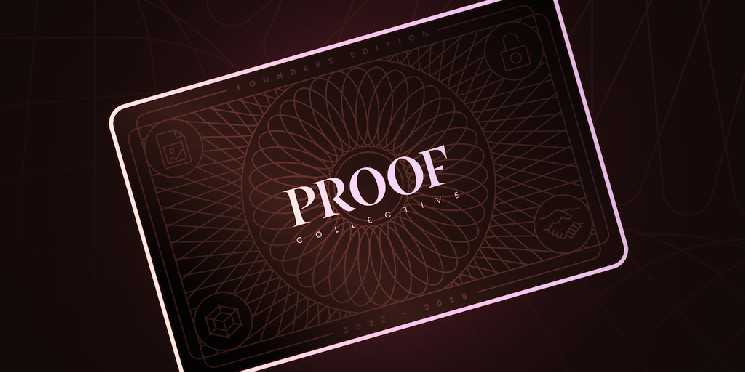April’s hot Moonbirds NFT drop elevated PROOF into one of Web3’s buzziest projects, and now the Kevin Rose-led startup is working on further launches, a new social platform, and more. To help bring those ambitions to life, the firm just acquired a notable Web3 development duo.
Today, PROOF announced that it has acquired Divergence, a London-based Web3 engineering team comprised of Arran Schlosberg and Angharad "Harri" Thomas. Both will join the PROOF as part of the acqui-hire deal, with Schlosberg named VP of Engineering and Thomas now serving as Director of Product for the startup.
Divergence previously worked on the smart contracts for the PROOF Collective NFT membership pass and Moonbirds NFT launch, both on Ethereum. The team has also worked on other projects in the Web3 space, too, including PREMINT and the Admit One community NFT pass from collector and influencer, gmoney.
“I'm just thrilled that they fit perfectly into our organization and really help us in a place where we need the most help right now, which is when we're going to do very ambitious things that are done on-chain,” Rose told Decrypt. “There is no better team that I want to bring on and hire to help us accomplish these things.”
Divergence first caught Rose’s attention with its Brotchain NFT art project, which generated fully on-chain artwork from an Ethereum smart contract purely using Solidity code—something Thomas said had been deemed “impossible” by some, which they “took as a challenge.” The team’s other NFT art projects include The Kiss Precise and Proof of Art{Work}.
From there, Divergence worked on features such as allowlist mechanisms to ease the chaos around in-demand NFT drops, as well as creating a smoother on-chain Dutch auction format. Rose said that their capabilities on both the engineering and product sides will be key to bringing PROOF’s long-term vision to life.
“That had always just blown me away, about their willingness to take on what is perceived to be the impossible,” said Rose. “I know that what we're trying to do over the next couple years is going to require a lot of that type of thinking.”
Expanding PROOF
PROOF has a significant roadmap ahead for the years to come, including additional NFT drops, an exclusive in-person conference in 2023, and various media initiatives. The startup also plans to launch its own “social universe” that is akin to a metaverse in some ways, but it won’t be a 3D world navigated with avatars like Decentraland or Facebook’s metaverse pitch.
Rose described PROOF’s plan as more of a “social communications layer around NFTs,” or a Web3-centric hybrid of online discussion community Reddit and popular chat app Discord. It’s designed to help serious collectors unite around shared interests and holdings, with the ability to view users’ NFT collections along with other Web3 integrations.
It’ll be offered to PROOF Collective and Moonbirds NFT holders later this summer, but Rose said that the firm plans on opening up its social platform more broadly to the public, as well. Additional details will be revealed during next month’s Future PROOF, a twice-yearly streaming event that lays out the updated roadmap for community members.
Before joining PROOF, Divergence instead planned to raise money and continue on independently. Rose would have been one of the backers in his role as a partner at VC firm, True Ventures. “They had an A-list slate of investors,” said Rose, “and then all of a sudden we said, well: What if we do this together?”
There’s significant demand for capable Web3 engineers in the current market, Rose said, and Divergence has shown both ingenuity around NFT drop mechanics and also technical acuity in executing high-profile, valuable projects. As we’ve seen in other examples, such as with the Akutars project, a coding mistake can have very expensive consequences.
“My true delight is in making sure things definitely work,” Schlosberg explained. “It sounds boring and like you're putting the brakes on, but if you want to innovate and try different, difficult things, you really have to make sure that you have that in place. Instead of ‘move fast and break things,’ I like ‘move fast, but you don't have to break things.’”
Thomas added that joining PROOF allows the pair to continue exploring the same concepts that they had independently, but now as part of a team with growing ambitions and resources to match.
“I love innovating and trying new things, and seeing what's possible, and that's something that we've always done at Divergence,” she said. “The thing that attracted me to wanting to work with PROOF is now I get to do that with a team who have the talent, the capacity, and the reach to really make that happen, and make the right projects land.”
 decrypt.co
decrypt.co
